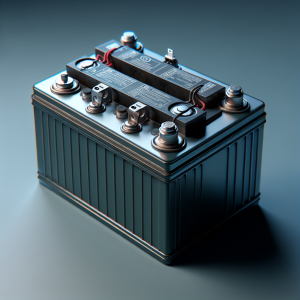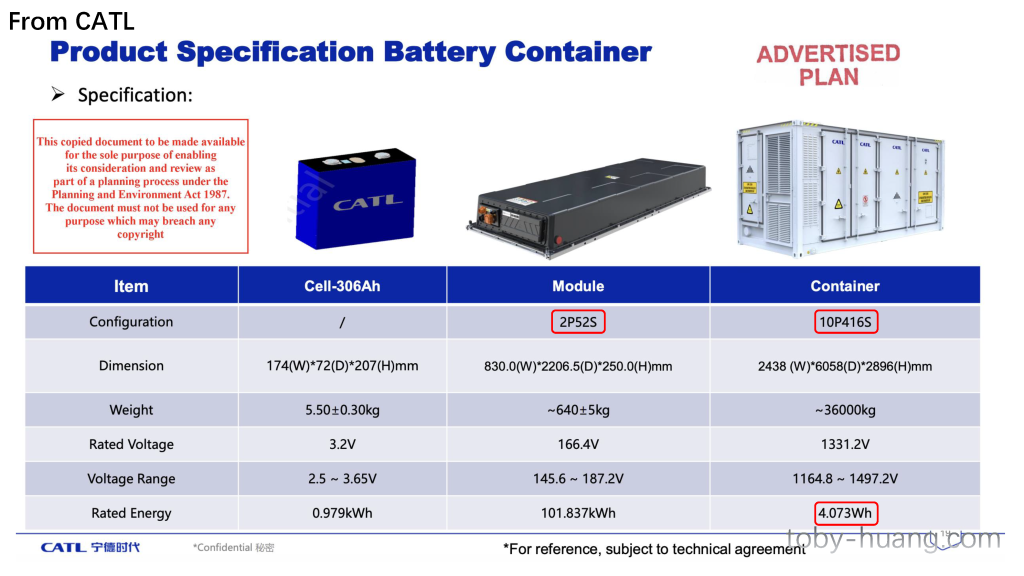August 21, 2024 – Despite the buzz around lithium-ion batteries, lead-acid batteries are far from obsolete. In fact, they continue to dominate certain high-end markets, including data center Uninterruptible Power Supplies (UPS). Let’s dive into why these old-school batteries are still in the game.
Market Snapshot
The global lead-acid battery market was valued at $45.84 billion in 2023 and is projected to grow to $48.32 billion by 2024. By 2032, the market could reach a whopping $71.68 billion, growing at a steady pace of 5.05% annually. These numbers show that lead-acid batteries aren’t just hanging on—they’re thriving.
In the data center UPS market, lead-acid batteries are particularly strong. Market reports suggest that this sector will grow from $677.34 million in 2023 to over $1.11 billion by 2031. Clearly, these batteries are still a go-to choice for critical applications
Why Lead-Acid Batteries?

So, what makes lead-acid batteries so special? Here are a few reasons:
Cost-Effective: Lead-acid batteries are much cheaper to produce than their lithium-ion counterparts. This makes them a budget-friendly option for large-scale projects.
Reliable: These batteries have been around for over a century, proving their reliability time and again. They’re built to perform under a wide range of conditions, making them ideal for critical applications like data centers.
Eco-Friendly: Lead-acid batteries are highly recyclable. About 99% of their components can be reused, making them an environmentally responsible choice.
High Power Delivery: Need a quick burst of power? Lead-acid batteries can deliver high surge currents, perfect for starting engines or providing backup power in data centers.
Behind the Numbers
Several factors are driving the demand for lead-acid batteries:
Stable Demand: Automotive, industrial, and data center sectors continue to rely on lead-acid batteries due to their specific needs.
Tech Improvements: Ongoing advancements are making these batteries better, with improvements in energy density and lifespan.
Economic Factors: In regions with tighter budgets, the lower cost of lead-acid batteries makes them a more attractive option.
The Bottom Line
While lithium-ion batteries are making waves with their high energy density and long lifespan, lead-acid batteries are far from being sidelined. Their cost-effectiveness, reliability, recyclability, and ability to deliver high power make them a strong contender in high-end markets like data center UPS systems.
As technology evolves, it’s clear that both lead-acid and lithium-ion batteries will have their place. For now, lead-acid batteries continue to power ahead in specific high-end sectors, proving that sometimes, old-school is still cool.
For more updates, stay tuned to Battery World.




